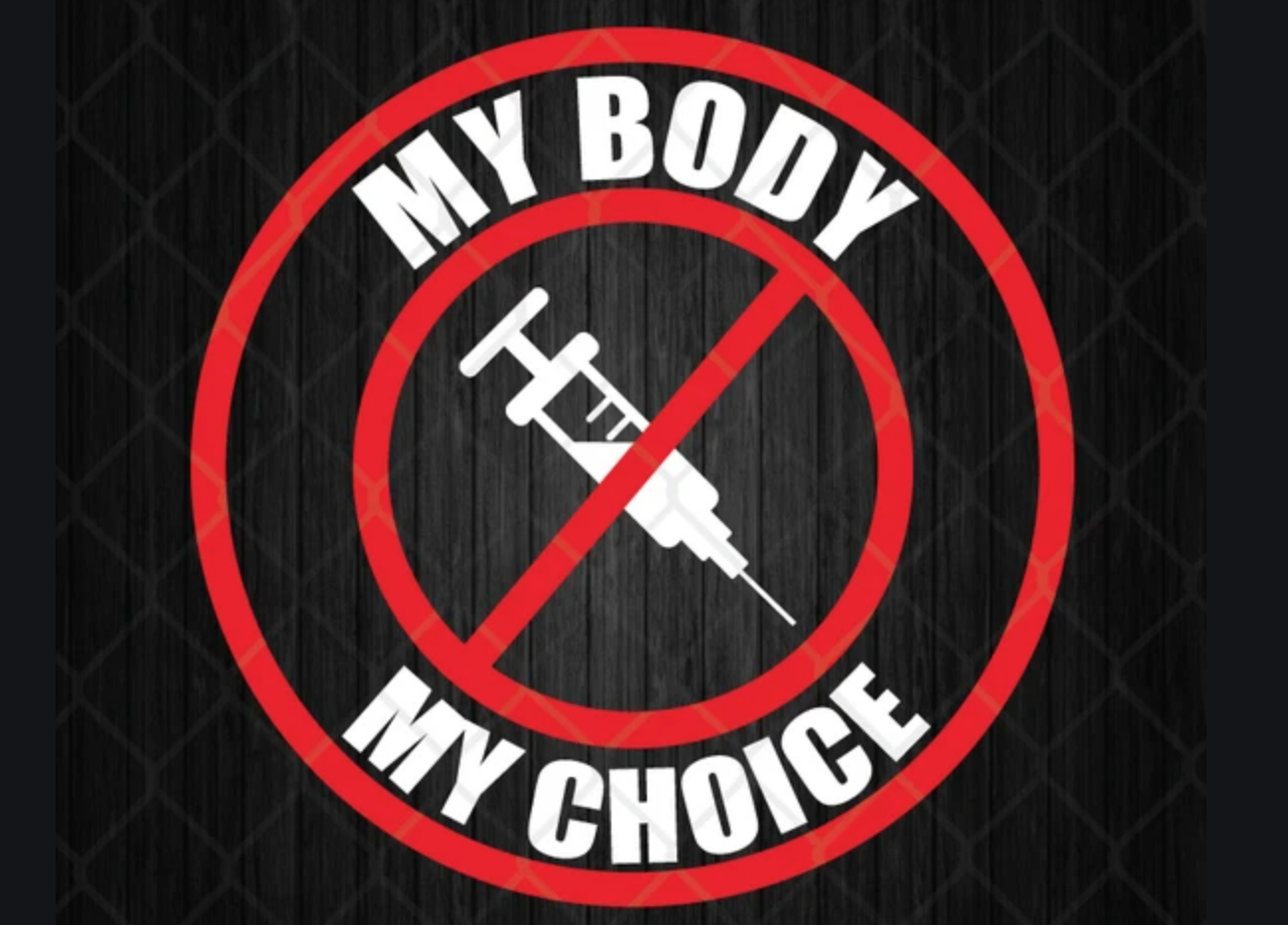One of the snarkiest things an editor can say to a reporter — after reading a story that has been turned in for editing — is this: You really need to read your own newspaper.
Most of the time, this means that a reporter has produced a story about a topic the newspaper has already covered, yet the new story failed to engage with some of the previously reported information. Maybe the new material even clashes with an earlier story. That may be good, but the earlier reporting still needs to be acknowledged.
I thought about this while reading a New York Times piece that ran with this double-decker headline:
Why Mississippi Has Few Takers for 73,000 Covid Shots
The good news: There are more shots available. The challenge is getting people to take them.
Now, what I’m about to say may sound strange, in light of what I argued in last week’s “Crossroads” podcast, the one linked to the post with this headline: “New podcast: Familiar splits among white 'evangelicals,' only now they're about vaccines.”
That post/podcast focused, in large part, on a recent Times piece that claimed believers inside the dreaded white-evangelical monolith were America’s biggest pandemic problem, in terms of flyover-country people who are refusing to get their COVID-19 vaccine shots. A quotation linked to that thesis said:
“If we can’t get a significant number of white evangelicals to come around on this, the pandemic is going to last much longer than it needs to,” said Jamie Aten, founder and executive director of the Humanitarian Disaster Institute at Wheaton College, an evangelical institution in Illinois.
The story cited a poll indicating that 45% of white evangelicals planned to refuse their shots, while 55% planned to cooperate with anti-pandemic programs. I noted that these numbers were solid evidence of a DIVISION inside white evangelicalism, not a sign of unity in opposition to vaccines.
What is the big problem in Mississippi, where there are lots of empty slots on the lists where people sign up for appointments to get shots?










